Best movies like Life and Fate by Vassili Grossman
A unique, carefully handpicked, selection of the best movies like Life and Fate by Vassili Grossman Starring Elsa Lepoivre, Denis Podalydès, Olga Turbina, Fedor Guber, and more. If you liked Life and Fate by Vassili Grossman then you may also like: The Way Back, Women of the Gulag, Red Monarch, Reds, Joy Division and many more popular movies featured on this list. You can further filter the list even more or get a random selection from the list of similar movies, to make your selection even easier.
The convoluted and moving story of Russian writer Vassili Grossman (1905-64) and his novel Life and Fate (1980), a literary masterpiece, a monumental and epic account of life under Stalin's regime of terror, a defiant cry that the KGB tried to suffocate.
You may filter the list of movies on this page for a more refined, personalized selection of movies.
Still not sure what to watch click the recommend buttun below to get a movie recommendation selected from all the movies on this list
Women of the Gulag
Through unique and candid interviews the film tells the compelling and tragic stories of the six women – last survivors of the Gulag, the brutal system of repression and terror that devastated the Soviet population during the regime of Stalin.
Red Monarch
British comedy satirising Stalin's inner circle as an absolute monarchs court. In the face of rampant abuse of power and poisonous distrust some still manage to keep faith with the Bolshevist creed until the very end. In front of the firing squad a stalwart bolshevist of the first hour exclaims: "Even in the best democracy errors are being made!"
Reds
An account of the revolutionary years of the legendary American journalist John Reed, who shared his adventurous professional life with his radical commitment to the socialist revolution in Russia, his dream of spreading its principles among the members of the American working class, and his troubled romantic relationship with the writer Louise Bryant.
Joy Division
A teenage orphan fights against the Red Army at the end of WWII and in the aftermath is 'adopted' by a Commissar. Years later he is sent to London during the Cold war to work for the KGB, where he questions his life.
And Everything Is Going Fine
From the first time he performed Swimming to Cambodia - the one-man account of his experience of making the 1984 film The Killing Fields - Spalding Gray made the art of the monologue his own. Drawing unstintingly on the most intimate aspects of his own life, his shows were vibrant, hilarious and moving. His death came tragically early, in 2004; this compilation of interview and performance footage nails his idiosyncratic and irreplaceable brilliance.
Ashes in the Snow
The coming-of-age tale of 16-year-old Lina Vilkas who is deported to Siberia amid Stalin's reign of terror in the Baltic region during WWII. An aspiring artist, she secretly documents her harrowing journey with her drawings.
Burnt by the Sun
Russia, 1936: revolutionary hero Colonel Kotov is spending an idyllic summer in his dacha with his young wife and six-year-old daughter Nadia and other assorted family and friends. Things change dramatically with the unheralded arrival of Cousin Dmitri from Moscow, who charms the women and little Nadia with his games and pianistic bravura. But Kotov isn't fooled: this is the time of Stalin's repression, with telephone calls in the middle of the night spelling doom - and he knows that Dmitri isn't paying a social call...
The Death of Stalin
When dictator Joseph Stalin dies, his parasitic cronies square off in a frantic power struggle to become the next Soviet leader. As they bumble, brawl and back-stab their way to the top, the question remains — just who is running the government?
Furia
In a desert town, sometime in the future, a repressive government regime restricts all forms of artistic expression. At night, Theo breaks the law, risking torture and death, to paint his work on public spaces. But when his lover Elia is arrested for committing the same crime, Theo allows himself to be captured hoping to somehow be reunited with her.
The Long Breakup
Ukrainian journalist Katya Soldak, currently living in New York City and working for Forbes magazine, chronicles Ukraine's history: its strong ties to Russia for centuries; how it broke away from the USSR and began to walk alone; the Orange Revolution, the Maidan Revolution, the Crimea annexation, the Donbass War; all through the eyes of her family and friends settled in Kharkiv, a large Ukrainian city located just eighteen miles from the Russian border.
Parajanov: The Last Spring
Made in wartime and edited in candlelight, Mikhail Vartanov's rarely-seen masterpiece tells about his friendship with the genius Sergei Parajanov who was imprisoned by KGB "at the peak of his artistic power". Vartanov takes us back with the scenes from his censored 1969 film The Color of Armenian Land where Paradjanov is at work on his suppressed chef-d'oeuvre The Color of Pomegranates - widely regarded as one of the greatest films of all time - and contrasts it with the shocking request Parajanov sent him in unpublished 1974 letters from the Soviet prisons. Vartanov's camera documents Parajanov's striking last day at work in 1990 during the making of the unfinished Confession. A monumental wordless montage - the entire sixth reel - concludes Vartanov's acclaimed documentary, which, despite the prohibitive conditions it was created in, won the admiration of many of cinema's greatest artists, including Francis Ford Coppola and Martin Scorsese.
Margaret Atwood: A Word After a Word After a Word Is Power
The views and thoughts of Canadian writer Margaret Atwood have never been more relevant than today. Readers turn to her work for answers as they confront the rise of authoritarian leaders, deal with increasingly intrusive technologies, and discuss climate change. Her books are useful as survival tools for hard times. But few know her private life. Who is the woman behind the stories? How does she always seem to know what is coming?
The Last Bolshevik
A documentary on Soviet filmmaker Aleksandr Medvedkin, examining his tumultuous career, the rediscovery of his masterpiece Happiness, and Russia's struggles over the course of the 20th Century.
The Mystery of Henri Pick
In a bizarre Breton library that collects rejected, never published manuscripts, a young editor discovers a novel that she considers a masterpiece. It was written by a certain Henri Pick, a cook who died two years earlier and who, according to his widow, had never read a book in his life or written anything but a shopping list... Did he have a secret life? When the book becomes a huge best-seller, Jean- Michel Rouche, a skeptical and stubborn literary critic, teams up with Joséphine, Pick’s daughter, to unravel the mystery.
Moscow Skyscraper
Through a first-person narrator, archival footage and photographs, and a contemporary camera, Pavel Lounguine uses the Moscow skyscraper where he grew up as a touchstone for looking back to Stalin and then examining today's Russia. This is Stalin's pyramid, his immortality. We visit people who have lived there for 50 years, see their flats (some modernized, others decaying), and listen to their histories: the son of a KGB man, a retired rocket scientist, a sculptor's son. an actor, seamstresses at a uniform shop, an ex-pat, and two artists. We see a kindergarten and remember marching; we watch parades and discuss surveillance. The commentary is wry: Putin emerges as Stalin's heir.
The Strange Life of Dr. Frankenstein
In 1818, Mary Shelley wrote Frankenstein; or, The Modern Prometheus, a powerful and timelessness novel which eternal theme is nothing other than man's quest for the secret of life. Since then, the Creature became a pop culture icon, overshadowing the novel and Doctor Frankenstein himself.
God Knows Where I Am
Well-educated, New Hampshire mother, Linda Bishop, was determined to stay free of the mental health system after her early release from a 3 year commitment to New Hampshire State Hospital. Instead, she became a prisoner of her own mind, a fate which she documents in one of the most evocative and chilling accounts of mental illness and of our systemic failure to protect those suffering from it.
Treasure Island
Intrigue...comedy...adventure...unforgettable characters and exotic settings - the legendary story of Treasure Island comes to life in this colourful adaptation of Robert Louis Stevenson's masterpiece. Join these timeless travellers in this wonderful and immortal tale of treasure and treachery!
Stephen King: A Necessary Evil
The US writer Stephen King (Portland, Maine, 1947) has been one of the world's best-selling authors for decades. How can the overwhelming success of his numerous works be explained? Perhaps by the boundless inventiveness of his literature? And what else is behind the longevity of his astonishing career?
Winston Churchill: A Giant in the Century
A new look at the public and private life of one of the most important statesmen in the history of Europe: Winston Churchill (1874-1965), soldier, politician, writer, painter, leader of his country in the darkest hours, winner of the Nobel Prize in Literature, a myth, a giant of the 20th century.
Ernest Hemingway: 4 Weddings and a Funeral
A look at the intimacy of the US writer Ernest Hemingway (1899-1961), a man infinitely more complex than his public image suggested, through the story of his relationship with his four wives.
The Invented Biography
This film follows Arturo Belano, alter ego of the writer Roberto Bolaño, shared with his creator a great part of his biography. The director searches for him in places where his stories and novels occur, meeting with real and imaginary characters, in a territory where reality and fiction have a diffuse frontier. A new form of literary biopic, where the writer and his character turn into one and only person.
I Invite You to My Execution
As Russian writer Boris Pasternak (1890-1960) thinks it is impossible that his novel Doctor Zhivago is published in the Soviet Union, because it supposedly shows a critical view of the October Revolution, he decides to smuggle several copies of the manuscript out of the country. It is first published in 1957 in Italia and the author receives the Nobel Prize in Literature in 1958, which has consequences.
Anjelica Huston on James Joyce: A Shout in the Street
An account of the life and work of Irish writer James Joyce (1882-1941) narrated by US actress Anjelica Huston.
The Man Who Defied Beijing
A portrait of Chinese writer Liu Xiaobo (1955-2017), a witness of the Tiananmen Square massacre (1989), a dissident, a woodpecker who tirelessly pecked the putrid brain of the Communist regime for decades, demanding democracy loudly and fearlessly. Silenced, arrested, convicted, imprisoned, dead. Nobel Peace Prize winner in 2010, alive forever. These are his last words.
1945: The Savage Peace
How, in 1945, after the end of World War II and the fall of the Nazi regime, the defeated were atrociously mistreated, especially those ethnic Germans who had lived peacefully for centuries in Germany's neighboring countries, such as Czechoslovakia and Poland. A heartbreaking story of revenge against innocent civilians, the story of acts as cruel as the Nazi occupation during the war years.
Russia vs. the World
Fiona Shaw narrates this exploration of Russia's medieval origins through to its bloody expansion to become the biggest country in the world. It's a tale that set the scene for one of the world's most enigmatic figures, and his vision of modern Russia. From a tyrannical grip on ordinary citizens to rampant corruption at the highest level, this film reveals the secrets behind holding the world's largest country together in a narrative that takes in the KGB and its ancestors as well as Stalin, murder and gulags.
Nazi Titanic
During a bizarre chapter of WWII, Nazi propaganda minister Joseph Goebbels decided to make a movie based on the sinking of the Titanic. This epic film was so large in scale that the Nazis were forced to divert men, material and ships from the war effort in order to complete it. Titanic was filmed aboard cruise ship SS Cap Arcona in the Baltic Sea. The movie’s director Herbert Selpin was arrested by the Gestapo over comments he made about the ship’s crew and he was questioned by Goebbels. Selpin was found dead the next day in his cell. The Gestapo’s verdict was suicide. Titanic never received the impressive premiere that Goebbels intended, being first shown in Nazi-occupied Paris in 1943. We reveal this little known but fascinating story by looking at the making of the film, as well as the fate of the German ship Cap Arcona.
Broke
Set in a pawnshop, this cinéma vérité masterpiece tells the story of the unlikely friendship between a cynic pawnbroker and his sweet but psychopathic assistant. "Broke" is a complex, powerful cinéma vérité account of day-to-day life in a pawnshop. The documentary gives us an intimate glimpse into a world most of us luckily do not have to know. Although often as funny and surprising as a sitcom, it bluntly points to the hardships and desperation of the marginalized. As the pawnbroker states: "You don't see it in your rarefied living conditions, you don't see how the poor people live, unless you come here. Tragic, some of it."
Shanghai 1937: Where World War II Began
The Battle of Shanghai has been described as the last battle of World War I, and the first battle of World War II. It was a warning to the world, a warning that was ignored. And it was the place where the destiny of modern China was set in motion. Based on the book “Shanghai 1937: Stalingrad on the Yangtze” by Danish author Peter Harmsen, this film introduces key figures in the conflict, chronicles how the battle unfolded over the course of three months, and explores the aftermath and years of war that followed.
Stalin and the Katyn Massacre
The Katyn massacre, carried out by the Soviet NKVD in 1940, was only one of many unspeakable crimes committed by Stalin's ruthless executioners over three decades. The mass murder of thousands of Polish officers was part of a relentless purge, the secrets and details of which have only recently been partially revealed.
Stalin: Inside the Terror
This program is an overview of the life and career of Joseph Stalin. It concentrates on describing and attempting to explain the origins of the policy of “terror” instigated by Stalin as leader of the USSR. There are interviews with surviving family members and experts all of whom attempt some sort of personality “analysis” of the dictator to explain his behaviour and policies. Another question that is examined is, given his record of “terror”, why was he so popular? Why did so many Russians mourn his death in 1953? This could be an overview and introduction to a study of both Stalin and USSR in the post revolution period.
The Emma Bovary Trial
On January 31, 1857, the French writer Gustave Flaubert (1821-80) took his place in the dock for contempt of public morality and religion. The accused, the real one, is, through him, Emma Bovary, heroine with a thousand faces and a thousand desires, guilty without doubt of an unforgivable desire to live.
Stalin's Last Plot
January 1953: On the eve of his death Stalin finds himself yet another imaginary enemy: Jewish doctors. He organizes the most violent anti-Semitic campaign ever launched in the USSR, by fabricating the "Doctors' Plot," whereby doctors are charged with conspiring to murder the highest dignitaries of the Soviet Regime. Still unknown and untold, this conspiracy underlines the climax of a political scheme successfully masterminded by Stalin to turn the Jews into the new enemies of the people. It reveals his extreme paranoia and his compulsion to manipulate those around him. The children and friends of the main victims recount for the first time their experience and their distress related to these nightmarish events.
The Secret KGB Paranormal Files
This program investigates the probes and projects sponsored by the KGB to look into paranormal matters. Viewers will learn much about the KGB's view of American history and the effects certain events had on it. Includes never seen before footage.
The Black Book
The Black Book, drafted during World War II, gathers numerous unique historical testimonies, in an effort to document Nazi abuses against Jews in the USSR . Initially supported by the regime and aimed at providing evidence during the executioners’ trials in the post-war era, the Black Book was eventually banned and most of its authors executed on Stalin’s order. Told through the voices of its most famous instigators, soviet intellectuals Vassilli Grossman, Ilya Ehrenburg and Solomon Mikhoels, the documentary, provides a detailed account of the tragic destiny of this cursed book and puts the Holocaust and Stalinism in a new light.
Lenin and the Other Story of the Russian Revolution
Vladimir Ilyich Ulyanov, better known as Lenin, is remembered as the instigator of the October Revolution of 1917 and, therefore, as one of the men who changed the shape of the world at that time and forever, but perhaps the actual events happened in a way different from that narrated in the history books…
Joe Building: The Stalin Memorial Lecture
Jonathan Meades examines the cult of Stalinism through its buildings and monuments.
The Hitler–Stalin Pact
How could Hitler and Stalin, sworn ideological enemies, come to a secret pact in 1939? The captivating and detailed story of the diplomatic fiasco that led to the signing of the Nazi-Soviet pact and its devastating consequences.
Belarus: An Ordinary Dictatorship
It’s the last dictatorship of Europe, caught in a Soviet time-warp, where the secret police is still called the KGB and the president rules by fear. Disappearances, political assassinations, waves of repression and mass arrests are all regular occurances. But while half of Belarus moves closer to Russia, the other half is trying to resist…
L'histoire d'Annette Zelman
Paris in 1942. Annette is 20 years old, Jean is barely older, they love each other and the future is bright for them. But the deportation of the Jews of France will change their destiny. Upset at the idea of their only son marrying a Jewish woman, Jean Jausion's parents decide to keep young Annette Zelman away from them... and denounce her to the Gestapo. The machine was launched, but it was too late. Annette was deported to Auschwitz on June 22, 1942.
Stalin's Couch
Set in the 1950s Soviet Union, centers on a young artist who is commissioned to create Stalin's monument and must go through KGB scrutiny.
My Only Love
The unexpected acquaintance with a young prostitute helps the venerable writer to overcome writer's block. Quite shocking story of her life inspires him for a new book.
The Extraordinary Voyage
An account of the extraordinary life of film pioneer Georges Méliès (1861-1938) and the amazing story of the copy in color of his masterpiece “A Trip to the Moon” (1902), unexpectedly found in Spain and restored thanks to the heroic efforts of a group of true cinema lovers.
Why We Fight: The Battle of Russia
The fifth film of Frank Capra's Why We Fight propaganda film series, revealing the nature and process of the fight between the Soviet Union and Germany in the Second World War.



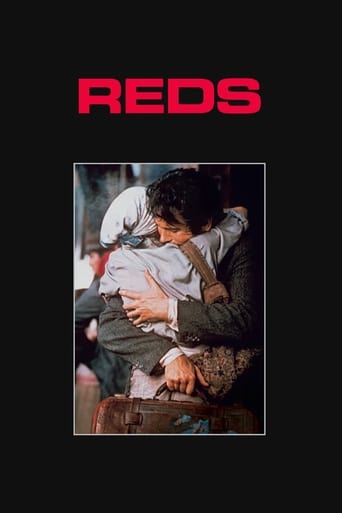
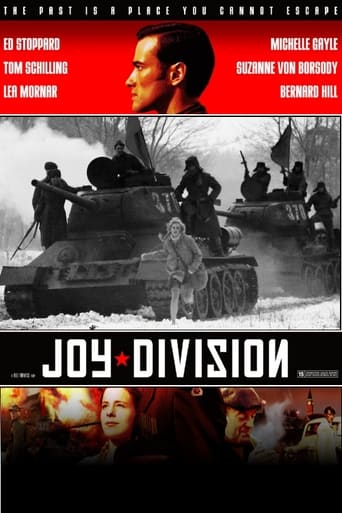

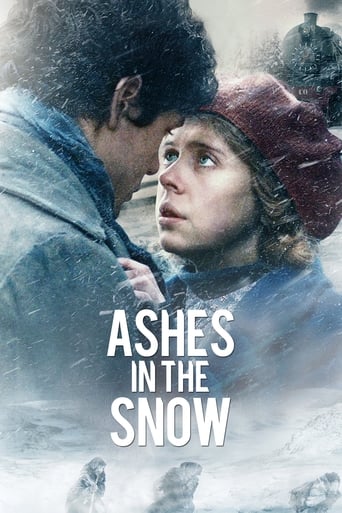

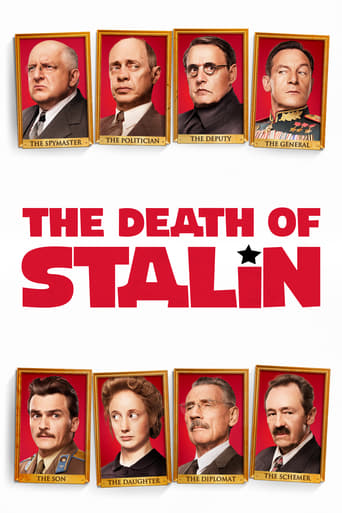

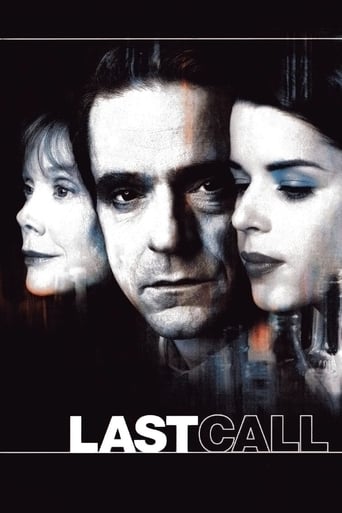
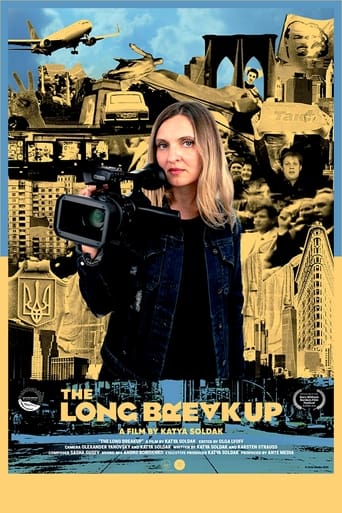






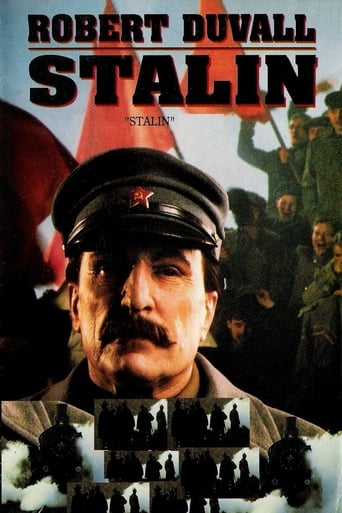





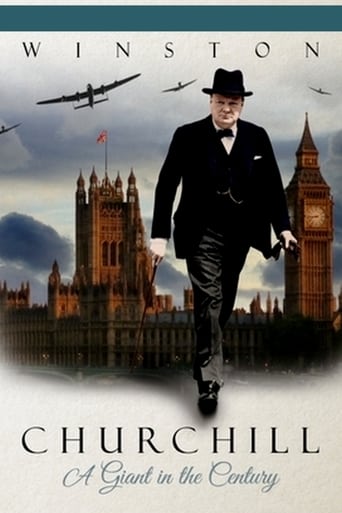



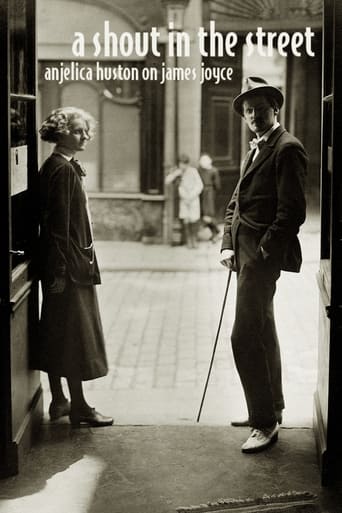

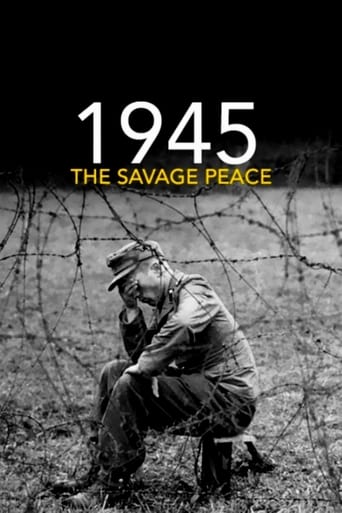






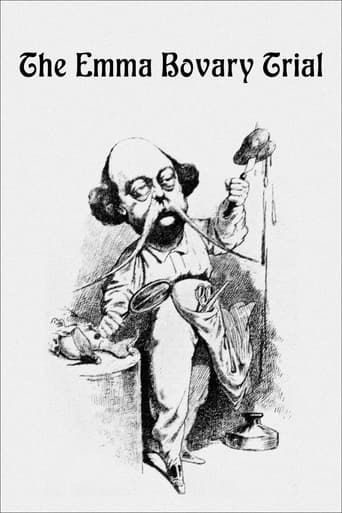


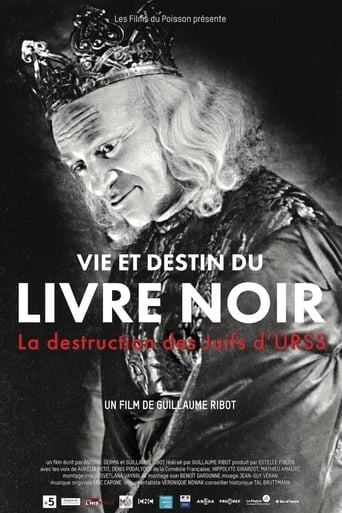








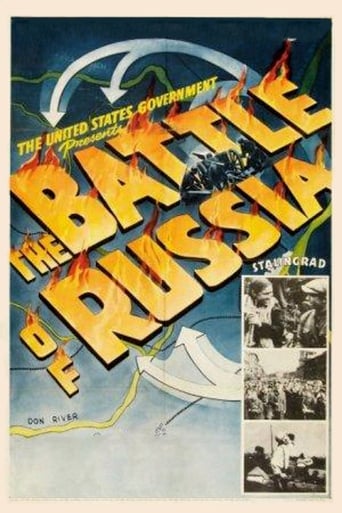

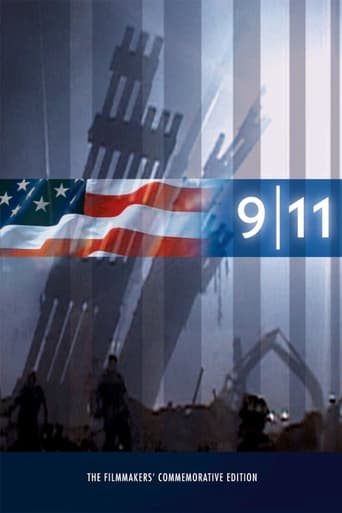

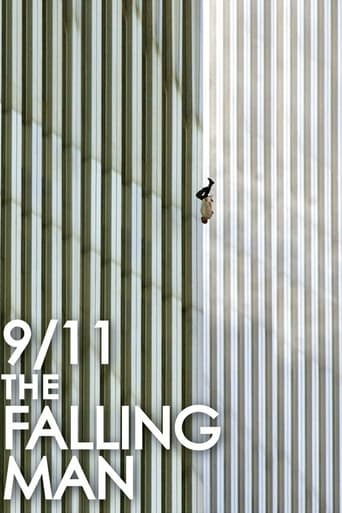
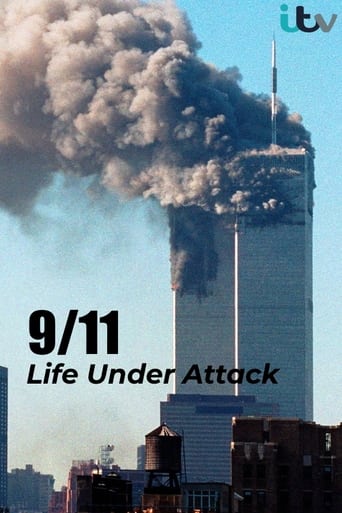
The Way Back
At the dawn of WWII, several men escape from a Russian gulag—to take a perilous and uncertain journey to freedom as they cross deserts, mountains and several nations.